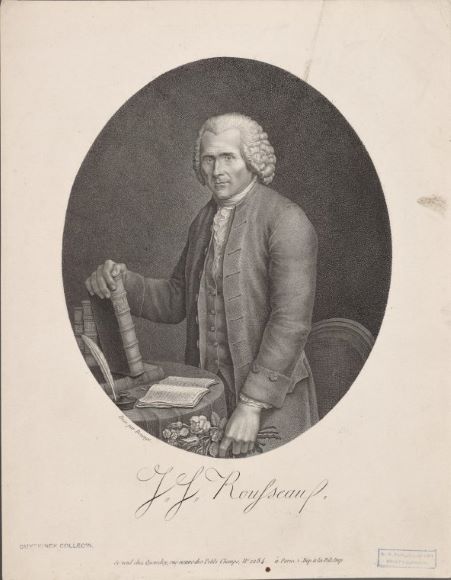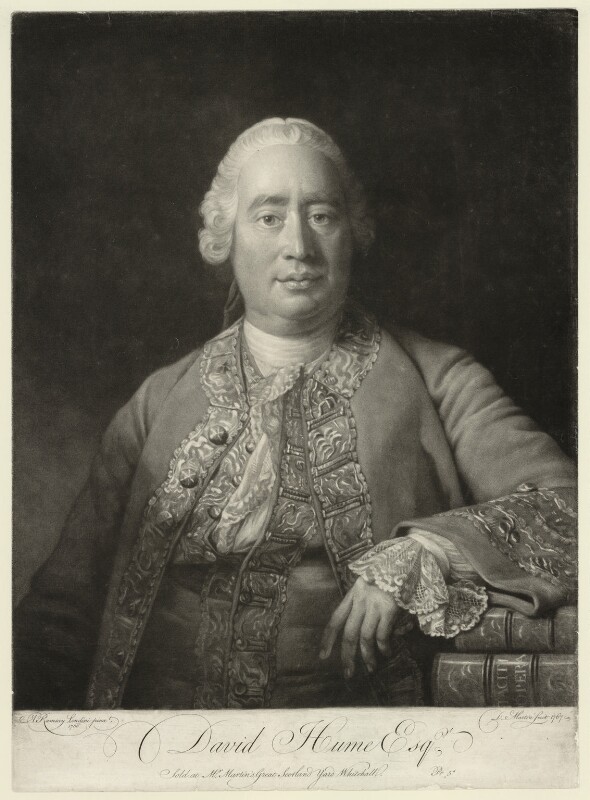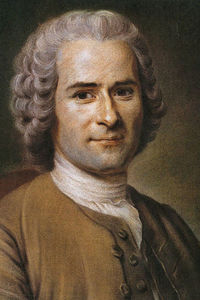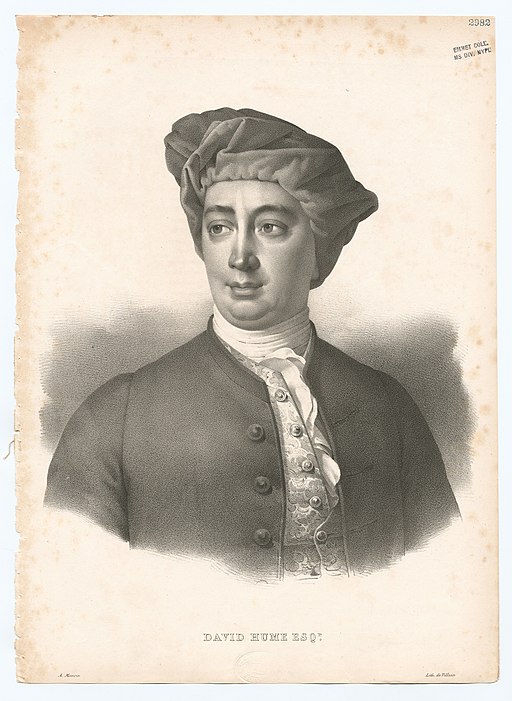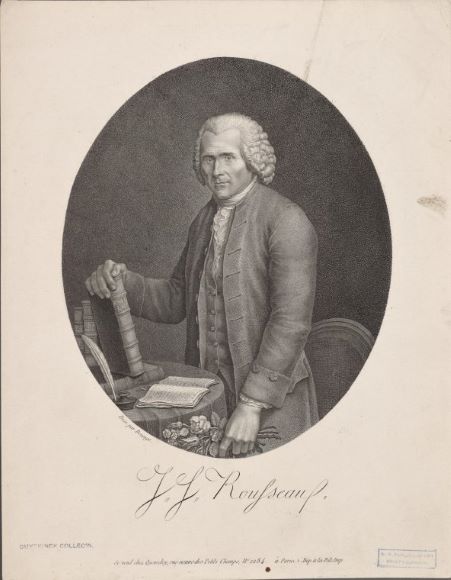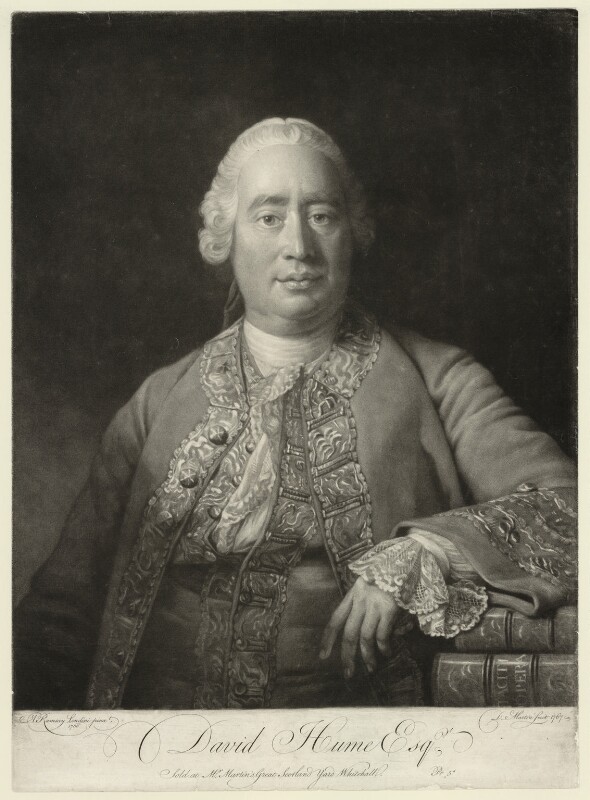Perspective Essay Liberty in Commercial Society: David Hume and Jean Jacques Rousseau
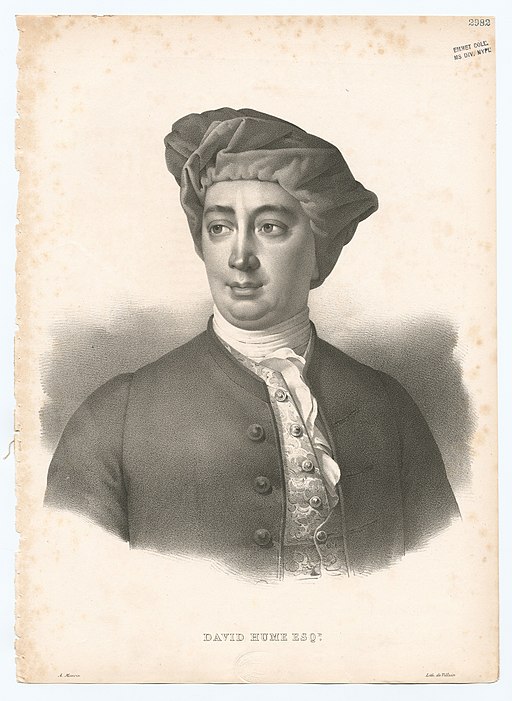
The introduction and diffusion of commerce as the predominant means of subsistence transforms every person into a merchant, to paraphrase Adam Smith. One implication is that commercial societies present changes and challenges to the pre-existing political and social structures.
The ancient system of direct political participation loses its appeal in favor of a more indirect form of political representation which frees individuals to dedicate themselves to the kind of activities they value the most. Benjamin Constant (1819) famously presented this distinction. But this new liberty has its benefits as well as its costs (for an analysis of this modern freedom in Rousseau and Rowls see Hurtado 2011).
David Hume ([1752] 1985) recognized that the introduction and diffusion of commerce bought about good government and good institutions:
If we consider the matter in the proper light, we shall find that a progress in the arts is rather favourable to liberty, and has a natural tendency to preserve, if not produce a free government (277)
These developments, though, have not been the product of a rational plan but rather of accidents of history. While it is true that in commercial societies people tend to have “government of Laws, not of Men” (94), this does not assure continuous security. The irrational passions that govern politics may lead to instabilities, so “authority must be acknowledged essential to its very existence” (41. For a complete analysis of the role of authority in Hume, see Harris 2018).
Similarly to Hume, Jean-Jacques Rousseau recognizes the importance of equality before of the law. But his reasoning differs. Commercial societies generate inequalities. The rich have the tendency to dominate the poor. To protect the liberty of the poor, it is indispensable that the state establishes equality before the law, so that the inequalities caused by commerce can dissipate, and so that everybody is equally dependent on the law. As individuals are citizens, when they follow the general will they follow nothing more than their own will, thus guaranteeing their own freedom:
In as much as the individuals have subjected themselves only to the sovereign, and the sovereign authority is nothing other than the general will, we shall see how each man who obeys the sovereign obeys only himself, and how one is more free under the social pact than in the state of nature (Rousseau [1762] 1921, 461)
For Rousseau, the other problematic aspect of commercial societies is related to the loss of independence that an individual faces. Commercial societies imply division of labor. Division of labor in turn implies that individuals are not able to provide for themselves, individuals become dependent on others, thus losing their freedom. Indeed:
The truly free man wants only what he can do and does what he pleases (Rousseau [1762] 1921, 48)
This is why the law plays such an important role: it allows individuals to become free, as it frees them from being dependent on others.
The material dependence that Rousseau sees emerging in commercial societies has a counterpart in a psychological dependence. Both limit the freedom of an individual, who should instead aim at being independent and thus free. The psychological dependence is the result of envy and rivalry. Material inequalities cause envy so that an individual’s psychological wellbeing is now dependent on others.
For Rousseau this can be understood as a departure from the natural human condition. We become different creatures when we care too much about the opinion of others. This changes our motivations and how we interact with others, our feelings become inauthentic and pretend to be what we are not in order to get other people to like us.
With Emile,or On Education Rousseau seems to attempt to provide a solution to this dependence problem: education (Rousselière 2016). The education consists not only of how to become independent from the judgment of others, but also to reduce material dependence to a more natural dependence. Furthermore, education allows Emile to survive in a commercial society without becoming trapped in it. So, for example, choosing to be a carpenter would be better than becoming a writer, since a carpenter is better equipped to be materially independent from others (163-164).
For Rousseau’s Emile the role model to try to achieve as much independence as possible is Robinson Crouse:
Since we must have books, there is one book which, to my thinking, supplies the best treatise on an education according to nature. This is the first book Emile will read; for a long time it will form his whole library, and it will always retain an honoured place. […] What is this wonderful book? Is it Aristotle? Pliny? Buffon? No; it is Robinson Crusoe (147)
What is striking, especially for the people who are familiar with Adam Smith’s work ([1759] 1982), is the isolation which Rousseau thinks is needed to develop an impartial judgment:
The surest way to raise him above prejudice and to base his judgments on the true relations of things, is to put him in the place of a solitary man, and to judge all things as they would be judged by such a man in relation to their own utility (147)
Hume also sees the dependence generated by commercial societies, but rather than seeing them as a cost, he sees them as a benefit. The material inequalities that commerce causes, rather than generating an unhealthy form of envy and rivalry, stimulate productivity, driving people out of sloth (“Of Refinement in the Arts”). The increased division of labor does indeed increase one’s dependence on others, but it also allows one to choose the profession one likes or sees more profitable. Hume praises the freedom he had to choose to become a writer, and thus “very opulent” and with a fulfilling life, exactly because he did not have to worry about doing the things that a carpenter does (Paganelli 2021). Interestingly enough, Hume tells us that “I was to become not only independent, but opulent” (p. xxxviii). His independence here is what Rousseau thinks of as dependence: Hume’s opulence depends on others, and it is his dependence on others that allows him to be independent.
According to Hume, even the psychological dependence that comes with commercial society has advantages. It makes people more social and more “refined”. The more luxury a society has, the more people want to get together and share their experiences. For Hume, this is not an environment that fosters envy or nasty self-love, or falsehood, but rather one that fosters friendships (even among men and women) and the most sociable and healthy aspects of human beings, including honesty and humanity.
Industry, knowledge, and humanity, are linked together by an indissoluble chain, and are found, from experience as well as reason, to be peculiar to the more polished, and, what are commonly denominated, the more luxurious ages (271. Emphasis in original)
In Hume’s view, Rousseau’s belief that the dependence in a commercial society leads to corruption is a mistake. Not only is there no necessary relationship between wealth and corruption, but the more wealth is diffused through society, the less dependent the poor are on specific individuals, freeing them from the tyranny they had long suffered. Commerce is thus the incubator of political and personal freedom for Hume, where individuals can fulfill themselves in their humanity.
So, in a sense, Hume and Rousseau share similar attitudes toward commercial societies, and in a sense they part from each other. They both see the need of a state that promotes equality before the law, and they both see the increase of dependence that commerce causes due to the increased specialization. Yet, they part as far as their understanding of the role of reason in the political realm and regarding whether this increased material and psychological dependence is overall beneficial or not. While Rousseau seems to focus more on the costs in terms of liberty associated with commerce, Hume seems to focus more on the benefits in terms of liberty associated with commerce.
References:
Constant, Benjamin. 1819. "The Liberty of Ancients Compared with that of Moderns." In.: Unknown.
Harris, James. 2018. 'Hume.' in Mark Garnett (ed.), Conservative Moments: reading conservative texts (Bloomsbury Academic: London and New York).
Hume, David. [1752] 1985. Essays, moral, political, and literary (Liberty Fund: Indianapolis).
Hurtado, Jimena. 2011. 'Liberty and Independence: Rousseau's Real Freedom Examined.' in Ragip Ege and Herrade Igersheim (eds.), Freedom and Happiness in Economic Thought and Philosophy. (Routledge: London and New York).
Paganelli, Maria Pia. 2021. 'Adam Smith and Dying Peacefully.' in Erin A. Dolgoy, Kimberly Hurd Hale and Bruce Peabody (eds.), Political Theory of Death and Dying (Routledge).
Rousseau, Jean-Jaques. [1762] 1921. Emile, or Education (E.P. Dutton: New York).
Rousselière, Geneviève. 2016. 'Rousseau on Freedom in Commercial Society', American Journal of Political Science, 60: 352-63.
Smith, Adam. [1759] 1982. The theory of moral sentiments (Liberty Classics: Indianapolis).
